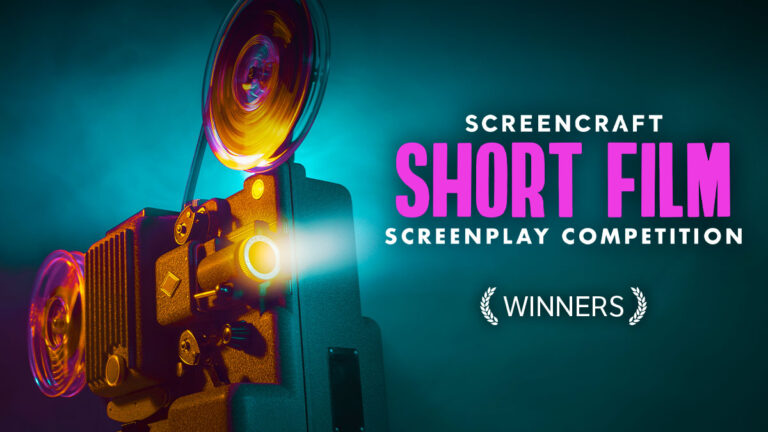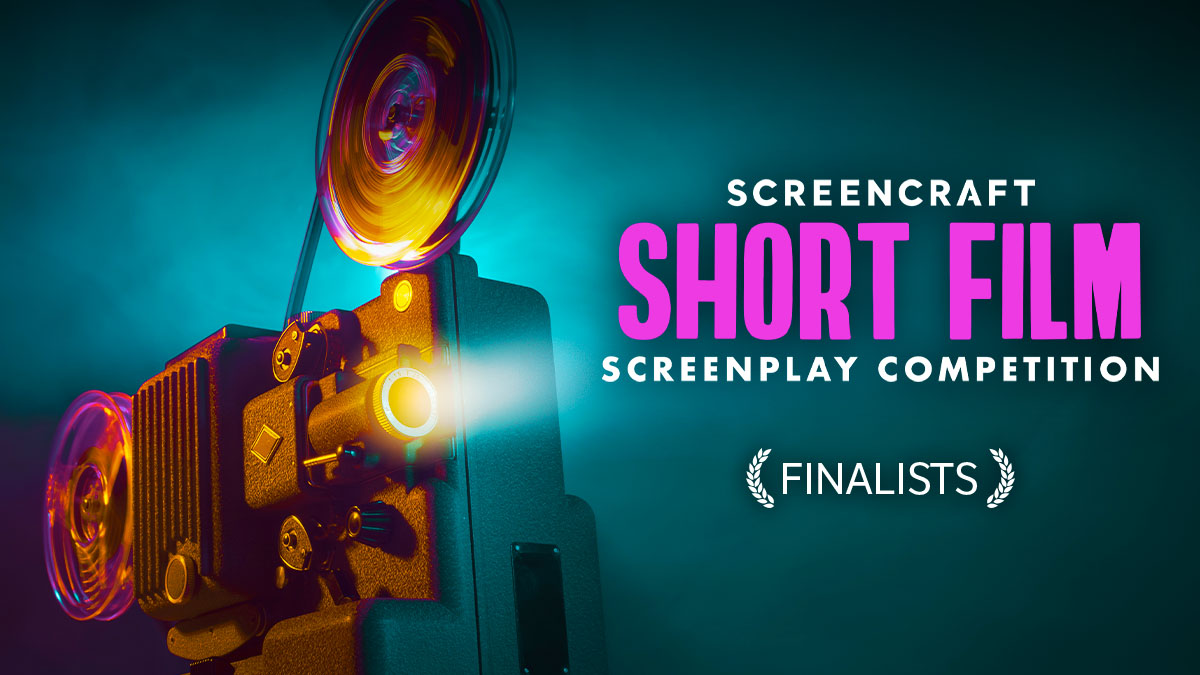I work as a freelance screenwriter. My name is Matthew Gochman. I've never had a screenplay produced. But I can tell you how I write and why I love screenwriting.
I generally tend to write any screenplay, short or feature-length, on instinct. You will probably read tons of screenwriting books that will hypnotize you into adhering to a specific structure. And while screenwriting is certainly a highly structured medium, the many, often conflicting, theories about exactly what should happen when can be daunting. For some writers, it’s helpful. Not for me.
To me, that takes all of the fun out of screenwriting. Screenwriting should be a journey or an adventure. As long as you have a basic idea of the film in your head, you’re good to go. Type “FADE IN,” type the scene heading (i.e.: EXT. PARK – NIGHT), and let the characters and/or story take over you. I know it’s a cliché, but a great screenplay will write itself.
Your first draft will be far from perfect. At times it will be unreadable. Think of your screenplay as a sculpture. No sculpture begins as a masterpiece. It starts as out as a lump of clay (your first draft) and you mold it into something beautiful (your final draft). I know it’s tempting, but do not edit as you’re writing the first draft. You can iron out all the wrinkles later.
A short film is almost like an extended trailer. If you’re a music buff, you can view it as a greatest hits album. In the end, you probably want your short film to be approximately 5-10 pages. Your first draft, on the other hand, should be around 20 pages. Brevity should be the farthest thing from your mind.
Some writers recommend writing character sketches prior to writing a screenplay. I think the best way to get to know your characters is to throw them right into the action. Conflict is always key. Write characters who will naturally be in conflict with one another. If you have two characters who are stoners, that’s fine. Just make sure there are variations. One could be the quiet, mellow stoner who stays glued to the couch and the other could be the one who loves to party. You can throw obstacles in the way, but all in all, conflict must in some way derive from your characters.
Dialogue is always my key point of contention with fledgling screenwriters. Most amateur writers choose one of two options: write dialogue exactly as it would sound in reality or write dialogue that sounds way too expositional. Using the first example, if you’re writing a dialogue scene between two people, do not load it with “heys” and “how are yous.” Yes, I understand that’s how people talk in real life, but if movie dialogue was as tedious as real-life dialogue, no one would watch movies. Using the latter example, do not write dialogue in which characters are way-too-clearly explaining the characters and/or plot. For example, if you’re trying to establish a couple is on the verge of divorce, the man and woman do not have to repeat the word “divorce” multiple times. They don’t even need to scream and yell at one another. Make the dialogue subtle. The wife could say something along the lines of, “Do the kids know about our meeting with the lawyer?” Then the husband responds, “I think we should wait for the right time to tell them.” Trust me, the audience will catch on.
With short films, it’s especially important that you make the dialogue as sparse as possible. Some short films don’t even have dialogue! After all, film is a visual medium. If you want to communicate your entire story through dialogue, then you may as well write a play instead, especially since finding a local community theater that will perform your play is a lot easier than getting a film made.
Also, be sure to make your descriptions as sparse as possible. You’re not writing a novel. With a novel, you’re free to delve into every nook and cranny of your characters’ actions. A script is essentially a blueprint of what you will see on screen. One page should equal approximately one minute of screen time.
Last but not least, make your film stand out! Avoid cookie-cutter, stereotypical characters, if possible. Quirky is fine, as long as it feels organic. You don’t have to go the Napoleon Dynamite route and make the characters completely out there. Make them original, yet relatable to your audience. A knife juggler who longs to travel to outer space is less compelling than a knife juggler who needs to provide for his daughter as a single father.
Make your story stand out as well. The great thing about writing short films is that you don’t need to be a slave to the three-act structure. At the same time, it’s simultaneously a blessing and a curse. You need to make every minute count. If your audience is going out for popcorn doing your short film, that’s a terrible sign. They say a good film can never be too long and a bad film can never be too short, so do not assume your film is immune to boring an audience, even it’s only two minutes long.
Tags
Get Our Screenwriting Newsletter!
Get weekly writing inspiration delivered to your inbox - including industry news, popular articles, and more!


























